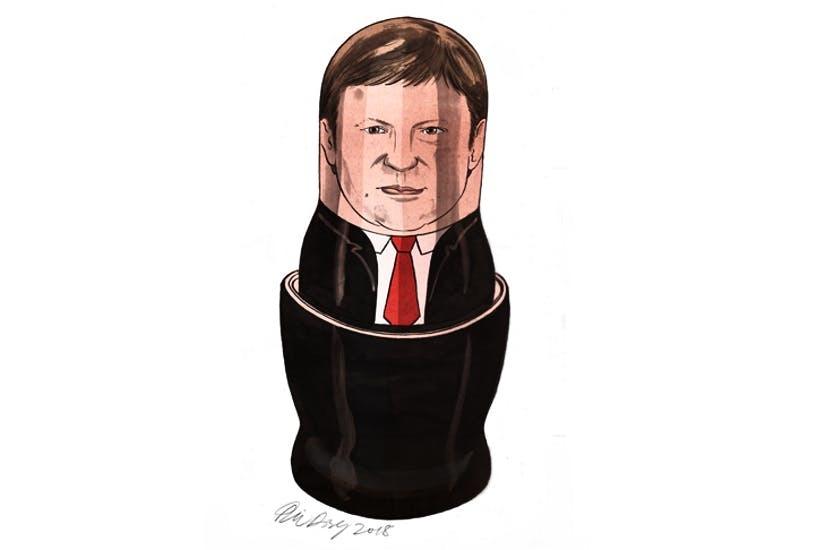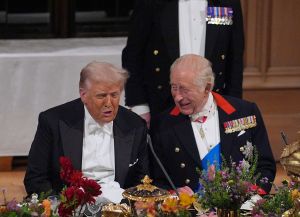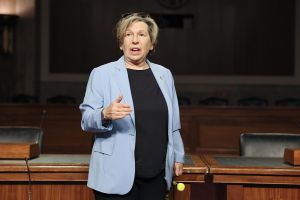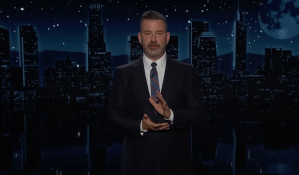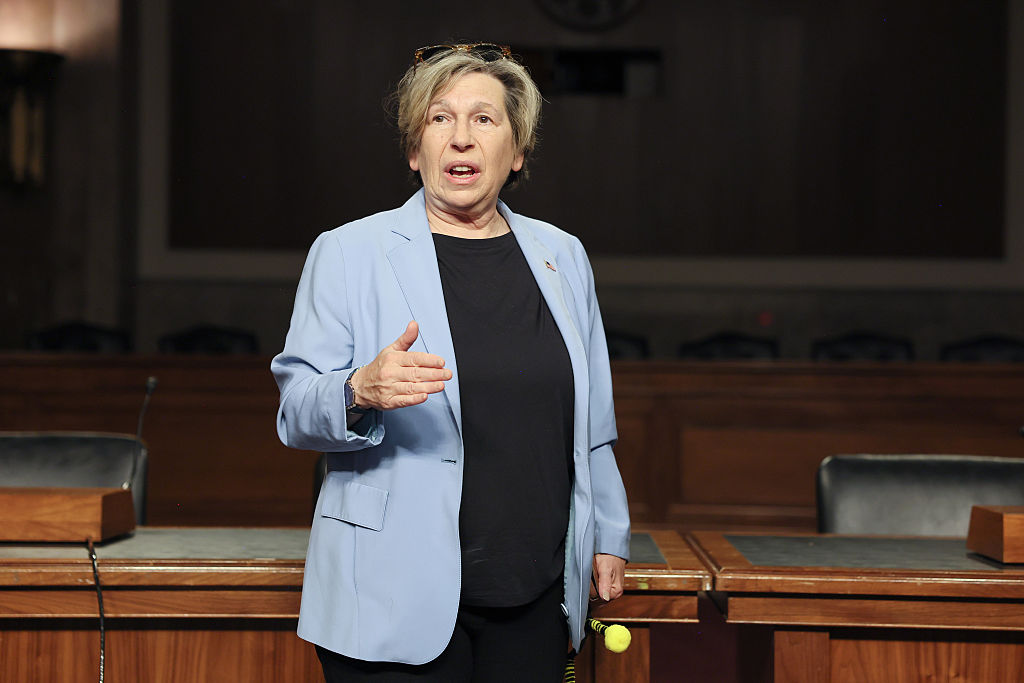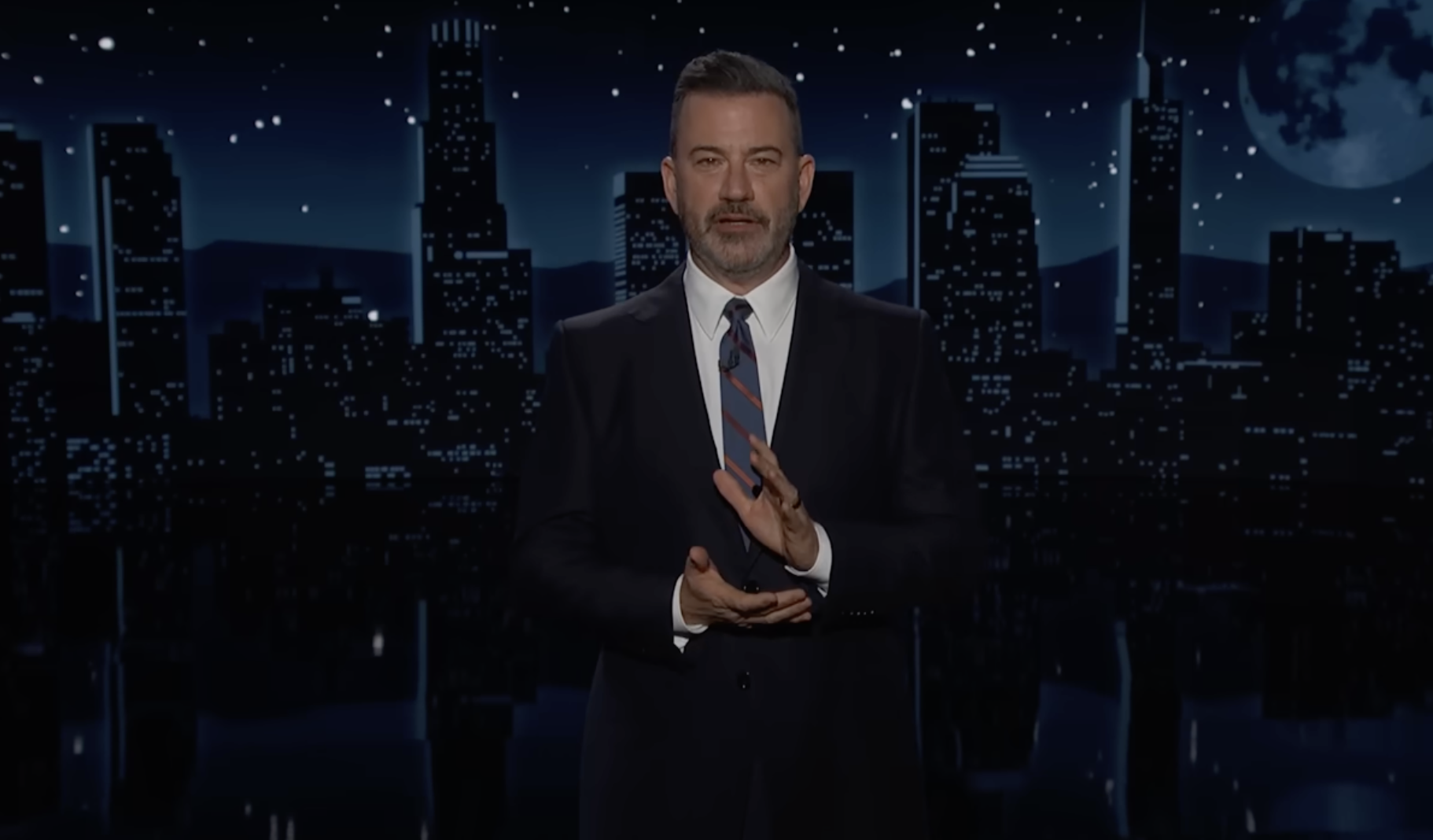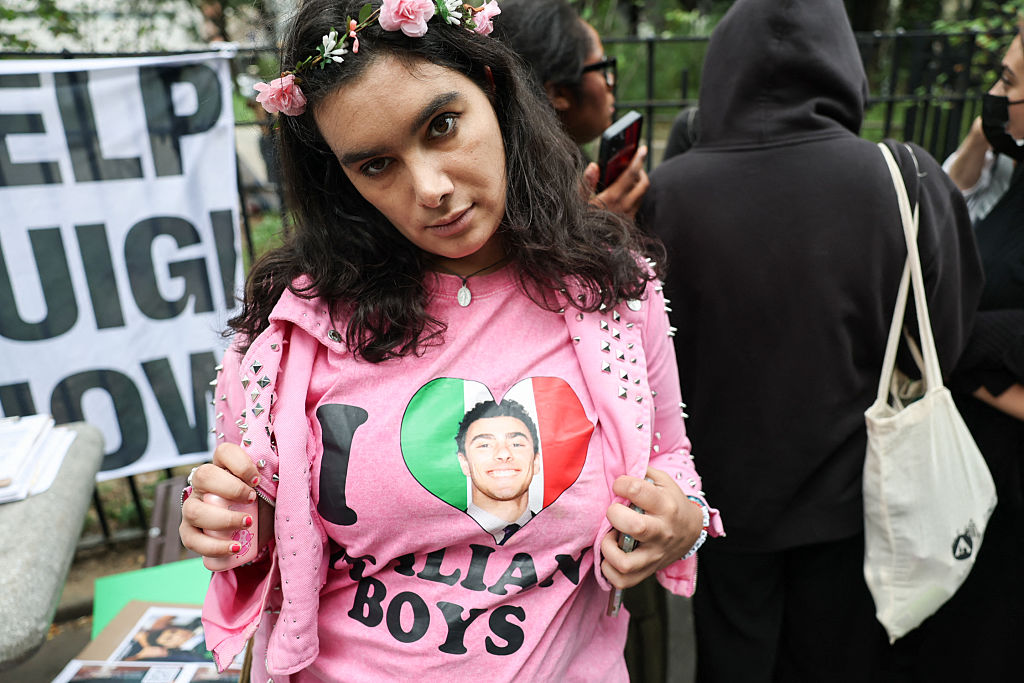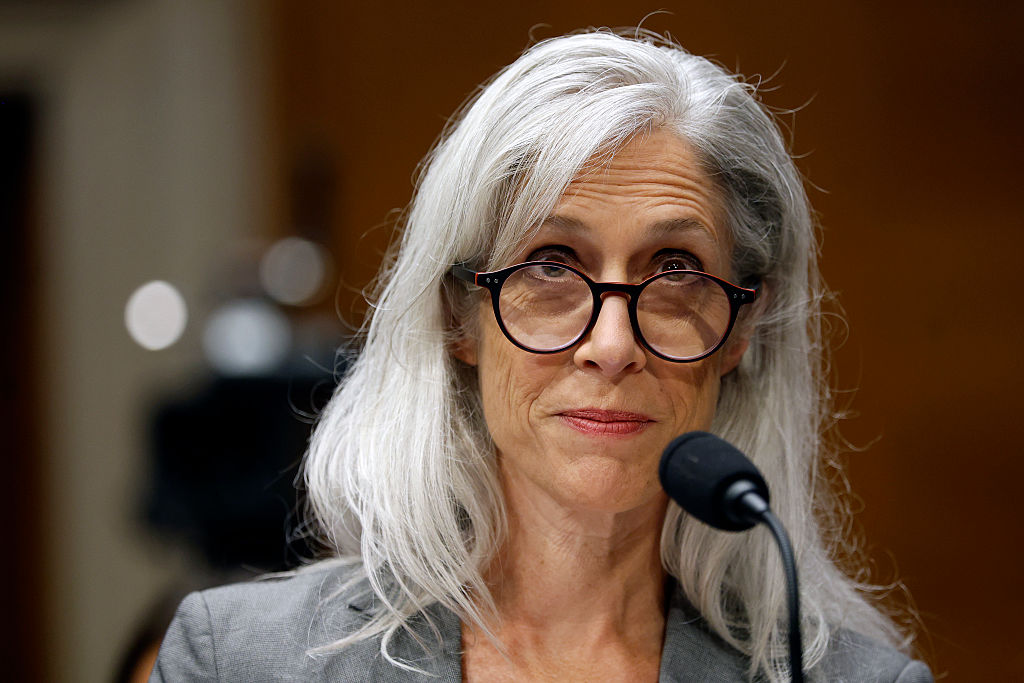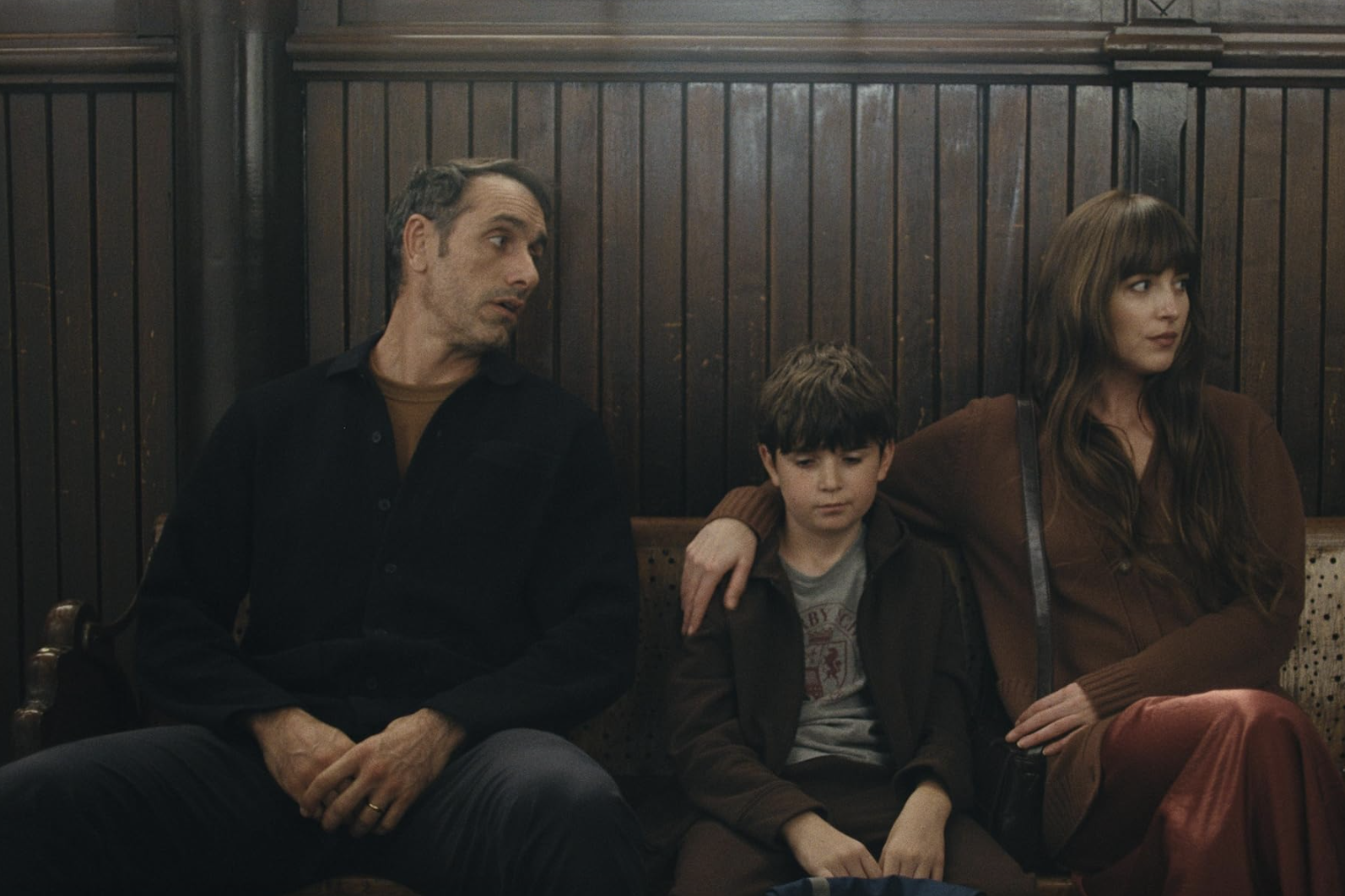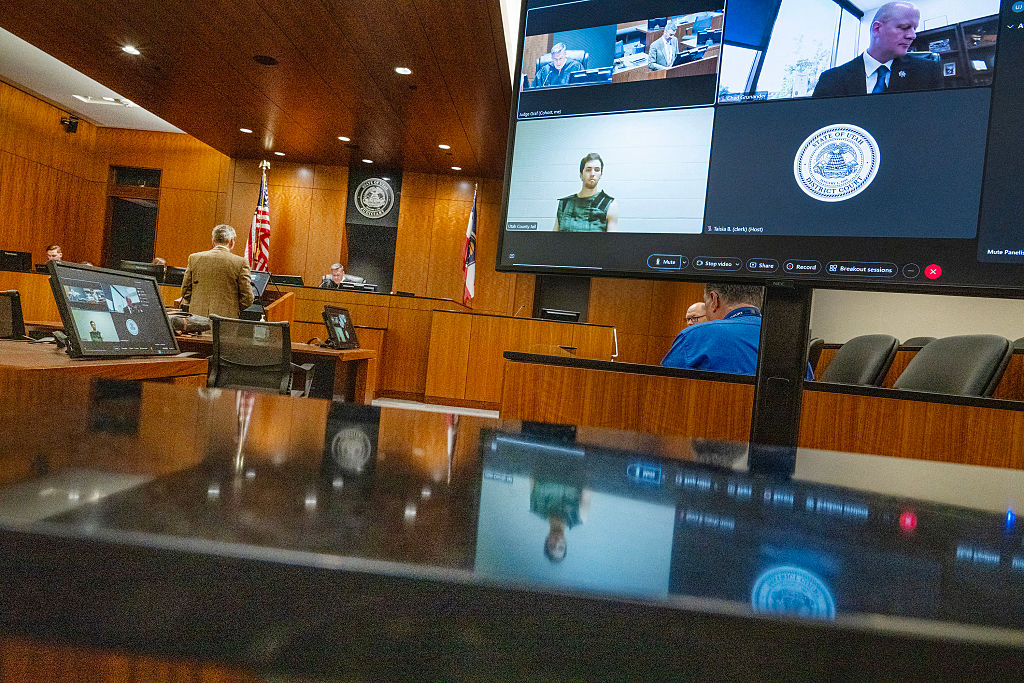Boris Titov is running to be president of Russia, but he’s eager to talk himself out of the job. ‘I am not a good politician,’ he says, over breakfast at the Lanesborough hotel in Knightsbridge, London. ‘To be a president means you need to be wise, a big politician like Thatcher, Deng Xiaoping, Lee Kuan Yew. Russia needs a tough politician in the presidential chair and I am not that man.’
Titov knows that on Sunday, Vladimir Putin, the toughest politician of our age, will be re-elected as Russia’s Supreme Commander-in-Chief. ‘Everybody understands that,’ he says. ‘We are not stupid. I have common sense.’
Which prompts the question: why run? By way of an answer, Titov starts talking about House, the American TV medical drama starring Hugh Laurie. ‘You know him, the British actor, yes?’ he says. ‘In one of the series he was diagnosing an American politician, and he says to the politician, “Why do you fight? Why do you go for election when you will never win?” And this guy answered with a very good saying: “If I wouldn’t have been fighting, the policies of our state would have been completely different.”’ Titov is pushing not himself, then, but a platform — his Party of Growth’s ‘New Economics for Russia’.
‘The main task of our participation in this campaign is to use Putin,’ he says, ‘because we think that if the country does not go one way, our way, we face huge risks not just economic but political and social in Russia.’ He will not attack Putin’s legacy, but he will be ‘criticising today’s economic proposals in Russia’.
Russia sceptics, or Putinophobes, would reply that Titov is a patsy. He’s no Alexei Navalny, the outspoken critic of the government who was arrested last weekend as he took part in a protest to boycott the election. Titov, by contrast, works for Putin. He serves as the government’s Ombudsman for Business and he admits that he will probably carry on in that role after the election. Titov’s presence on the ballot, it is said, is merely to give the appearance of pluralist democracy in Russia. Putin doesn’t want the election to look like a sham. Make that point to Titov and he smiles and explains how you don’t understand Russia.
Navalny may excite the international press, but Titov says he is a fringe figure inside Russia. ‘These people are left liberals. They want all change all now. This is not what people in Russia want. We are right liberals. The British would call us conservatives. We believe in steady change.’
Breakfast at the Lanesborough looks like a scene from the BBC’s McMafia: rich-looking Russian gentlemen sit around with their expensive lawyers, talking shop. But Titov is the opposite of your boorish oligarch type. He’s civilised, humble, sweet-natured. He keeps apologising for his English, even though it is perfectly good. When his wife joins us, he introduces her with proud affection.
He’d rather not talk about politics. He is fascinated by cryptocurrencies — ‘This is the future,’ he says avidly; ‘it will change everything’ — and he is most comfortable discussing wine. He owns the Abrau-Durso vineyard, which makes Russia’s most successful sparkling wine, and he is the chairman of the Russian winemakers’ union. Because of his position as Ombudsman, effectively Russia’s anti-corruption tsar, he’s had to hand over the running of his wine interests. ‘In America, they don’t have this!’ he laughs. ‘Trump can still manage his businesses.’
I ask about British fears that Russia ‘hacked’ Brexit, as it supposedly hacked the US election in 2016. He isn’t fussed. ‘First of all, I would say British democracy is not very strong if it can be hacked by Russian propaganda,’ he says. ‘Maybe some people in your establishment really exaggerate the role of Russia. We do not want to take over the world. The aim of Putin is to be equal. Putin wishes to be respected. There are no plans for global domination.’
Titov does believe that Brexit could be good, not because he wants to destroy world order, but because he’d like the EU to be closer to Russia: ‘In politics Britain was always more with the United States than Europe, for example with Iraq. So now, if Britain moves away from Europe, Russia will definitely be closer to Europe, and that would be positive.’ Does Putin feel the same way? ‘I cannot say. I discuss business with Putin. I am not involved in politics.’
Economics is Titov’s passion. His party’s Growth Strategy was drawn up by the Stolypin Club, named after the great reformer and early 20th century prime minister. He seems to want to do for Putin’s Russia what Stolypin did for late-Tsarist Russia, before the first world war and the Soviets wrecked it all. ‘They too wanted to change everything at once,’ he says, ‘and they took the country with the greatest potential in the world and turned it into ashes.’
Like Stolypin, Titov wants to move the Russian economy towards private ownership and competition. He wants to cultivate markets, the middle classes and small- and medium-sized businesses. He wants the Russian economy to end its dependence on oil. He says that ‘Kudrinomics’ — the tough policies of Alexei Kudrin, who was Finance Minister from 2000 to 2011 — were successful when the price of oil was high, but Russia must now adapt. ‘We need QE for Russia,’ he says, in order to stimulate enterprise. Russia enthusiasts admire the way Putin’s government has kept a tight rein on monetary policy while central banks across the Western world have splurged. But Titov sees that as a failing. He talks about the ‘greatness’ of Ben Bernanke, the American Federal Reserve Chairman who changed the macroeconomics of America after the financial crash through monetary easing and fiscal stimulus. ‘It happened a bit later in Europe, and in Japan with Abenomics and the rest of the world changed. But in Russia we keep strict financial policy, high interest rate, high rouble rate. This should change.
‘The Central Bank is all Kudrin’s people. I think Kudrin is one of the nicest people in the world. We just met and talked and we are all democrats and market-economy people. But they don’t want to change, they want to keep the belt tight, and we don’t agree.’
He believes his party’s ideas are highly popular among business people in Russia, but he won’t be drawn into saying what his target percentage is for the national vote. What would he do if his campaign became tremendously popular and he turned into a threat to Putin? ‘Ah,’ he says, laughing as if a light has just gone on in his brain. ‘I had not thought of this!’



